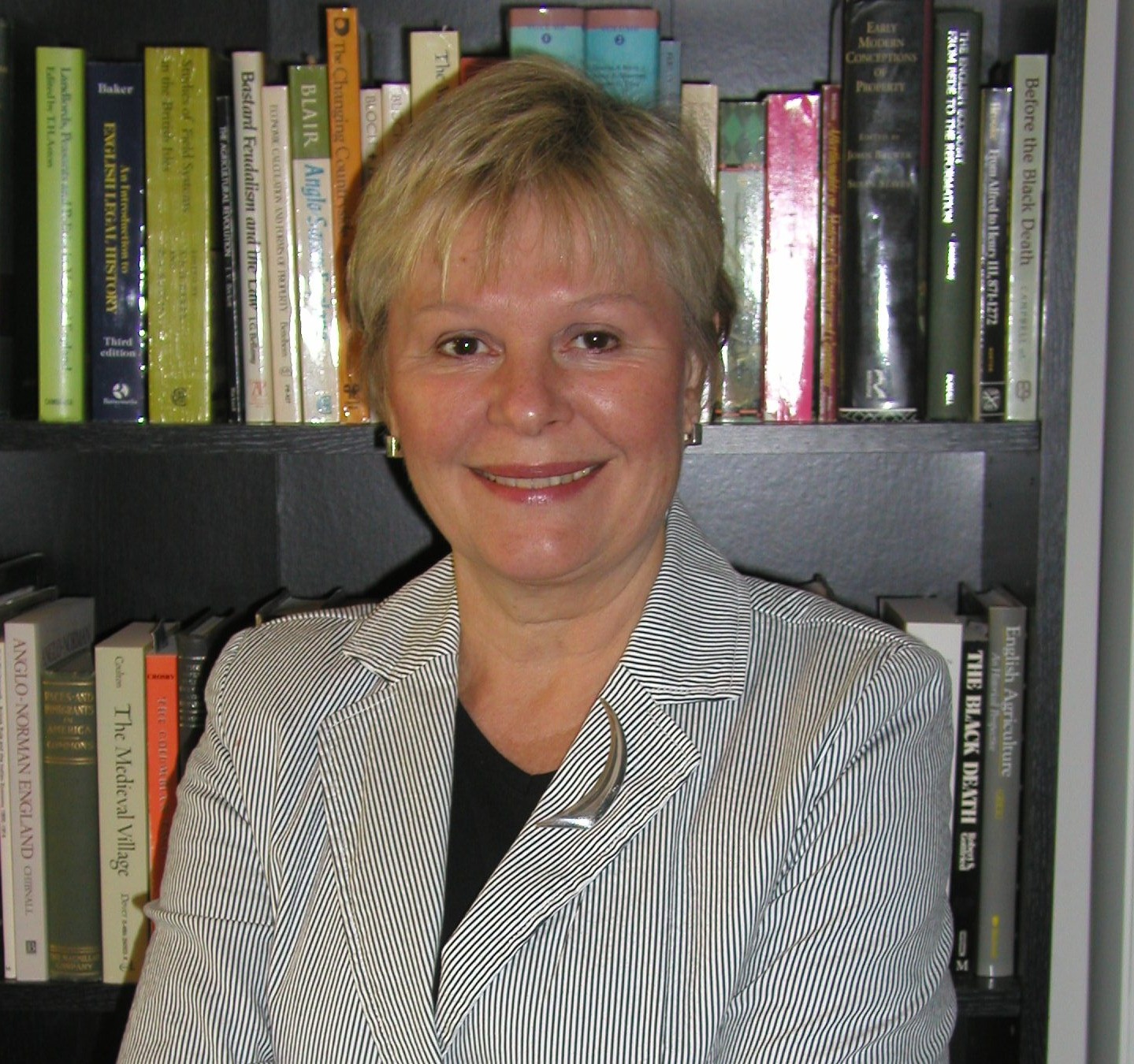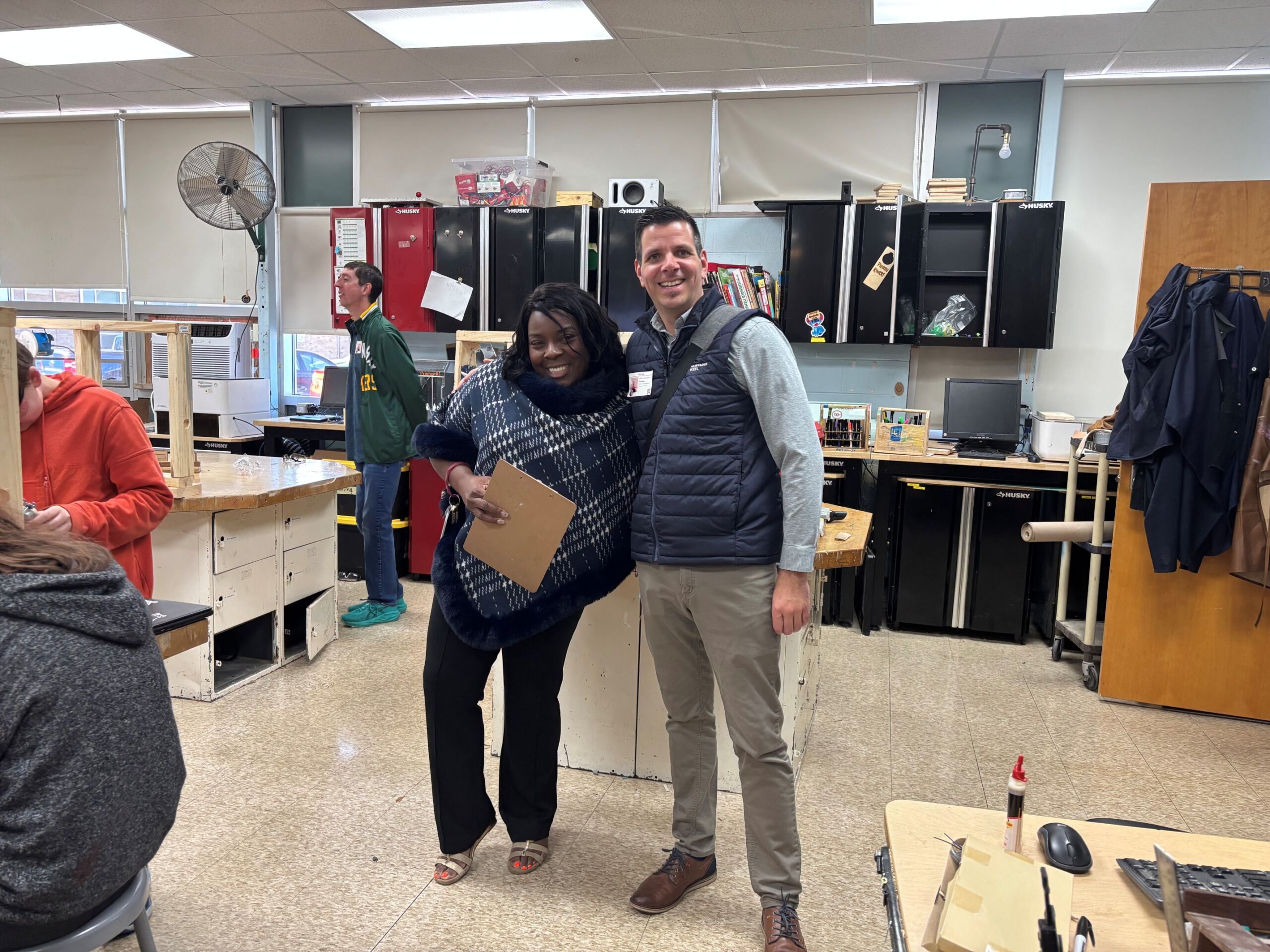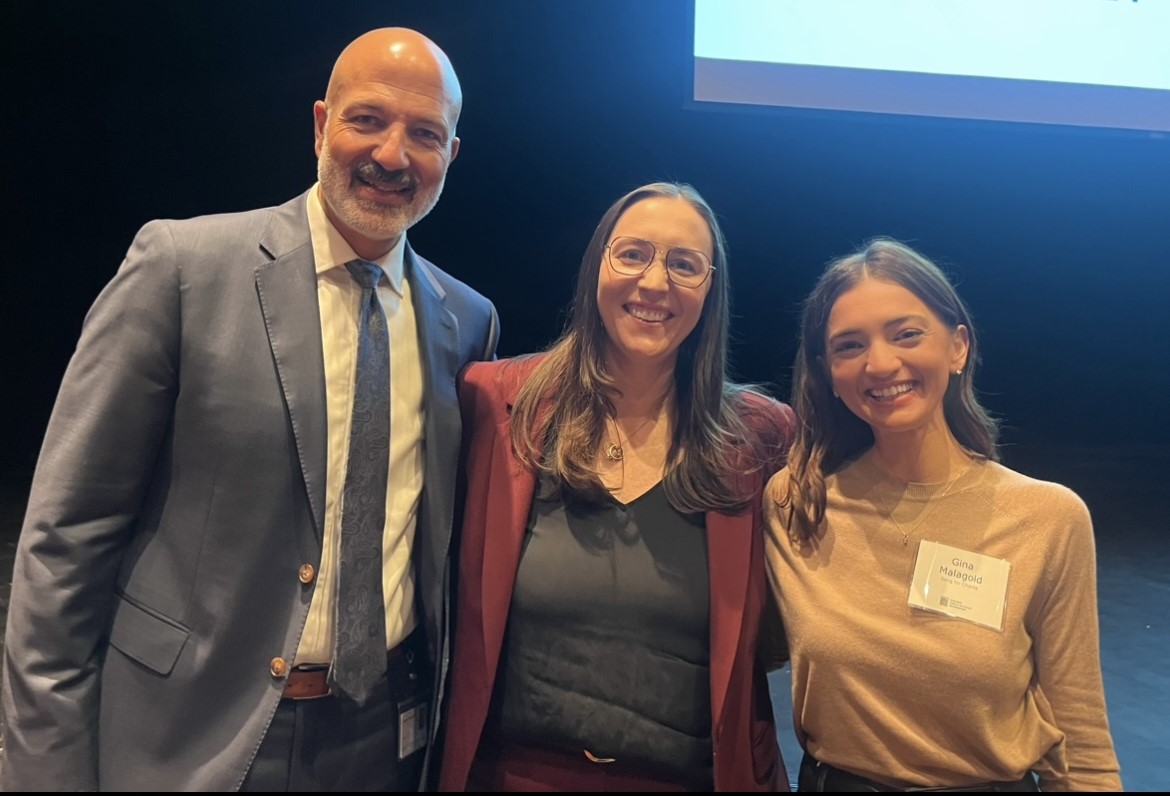

I graduated from Madison East High School in 1964, the first graduating class known as Baby Boomers. Throughout our education, communities and school systems were still catching up with the need for more schools and teachers. Society in the early 1960s was still very much like the 1950s.
I began my education at Marquette Elementary School in 1951. Kindergarten was my first experience in a large group of children my same age and it was a bit overwhelming. I remember wondering where all these other children had come from. Preparation for kindergarten meant knowing how to write your name and tie your shoes. Classes were either in the morning or the afternoon. Teachers emphasized order and politeness, and this became the beginning of our socialization process. We didn’t know that home-life dynamics were any different from our own, and in the classroom, it didn’t matter. In the classroom, we were one.
Those of us who advanced to first grade attended school from 8:30 a.m. to 3:30 p.m., with a lunch break from 11:30 a.m. to 1:00 p.m. Most students walked or biked to school and went home for lunch. Only a few brought their lunch and ate at school.
I fondly remember my elementary school teachers, each of whom made a lasting impact. In first grade, Miss Chatfield (or was it Chatterfield?) welcomed us each day. In second grade, Mrs. Clark, who had just returned to teaching after raising children, brought a seasoned perspective. I loved Miss Janet Hess, my third-grade teacher – she taught us to read and skillfully managed three reading groups within the same classroom.
In fourth grade, I remember being instructed to remove the slacks we wore under our skirts to stay warm in winter before entering class. I was fortunate to have Miss Hess again in fifth grade. She taught us how to read newspaper articles of our choosing. One student brought in an article about teachers threatening to strike and we all looked at Miss Hess in disbelief. Was she unhappy with us? But she calmly returned our attention to the structure of the article.
In sixth grade, I had Mr. Eugene Sturdevant, the only male teacher in our school. He was a novelty and commanded instant respect. He was personable, strict, and highly effective. Students who had been considered challenging in earlier years were focused and orderly in his classroom.
After Marquette Elementary, we attended junior high until 10th grade. I went to Madison East Junior High School; others attended Central Junior High or Wisconsin High, affiliated with the University of Wisconsin.
In junior high, we were assigned to a homeroom and moved from class to class, each taught by a subject specialist. I was thrilled to be accepted into the band under Mr. Wollen and played flute in the marching band. I don’t recall choosing my courses – perhaps they were assigned. Reading Charles Dickens’ Great Expectations in Mrs. Hyle’s English class was a wake-up call. I began thinking more seriously about high school, college, and my own expectations—and whether they were realistic.
I hoped to attend college, but that depended on parental support. My parents were committed to sending my brother, but their expectations for daughters were different. We were encouraged to become secretaries to support ourselves until marriage. I was determined to find a way to do both. This dilemma weighed on me throughout my education.
Madison East High School brought together students from its own junior high and the east side’s other middle schools. It was exciting to make new friends and support the school through sports, plays, concerts, and yes, dances. I was in the business career program and did well, though my heart wasn’t in it. I still hoped to go to college. Other than Miss Williams’ speech classes for college-bound students, I don’t recall any particular academic favorites.
After high school, I took the State of Wisconsin employment exam and began working at the American Exchange Bank. Mr. Hobbins, the bank president, routinely hired East High students from the business program because they were well-trained. I worked in the accounting department and later moved into clerical roles with the State of Wisconsin.
I eventually started college at UW–La Crosse but did not finish. I returned to Madison to work and began taking evening classes at UW–Madison. Once again, the basic office skills I had learned at East High served me well. As technology advanced—from electric typewriters to Selectrics, word processors, punch-card computers, and finally personal computers—my foundational skills made each transition smooth.
My first job was at UW Hospital and Clinics as a receptionist. After several promotions, I became Director of Fiscal Affairs at the School of Veterinary Medicine. In each role, I gained knowledge of medical vocabulary and operations. I could support myself. When I married, I contributed meaningfully to our household. But I would not feel satisfied until I had earned a college degree. When our children were entering college, I joined them – at age 40.
My interests evolved over the intervening years. I spent a career writing reports, now I wanted to know how to write as a historian. I would earn a degree in history. I took Honors Credits that required even more writing beyond the standard course requirements. I had a rich undergraduate education at UW-Madison and graduated with Honors from the College of Letters and Science.
- As a Hilldale Scholar, I studied the impact of the Benedictine and Franciscan Orders at the University of Paris in the 14th century.
- I earned a certificate in Medieval Studies.
- I received one of two Outstanding Returning Student Awards.
- I studied German language and culture at the Goethe Institute in Germany.
- I pursued a year of independent study in intellectual history at the University of Cambridge in England—a medieval university.
In graduate school, I earned a Master of Arts in History of Science with an emphasis in medicine. I later began a Ph.D. program in Population Health, intending to become an epidemiologist. Before finishing, I was offered several consulting opportunities in the field and enjoyed returning to the workforce as an epidemiology consultant.
Eventually, I returned to history and became an author. I came to appreciate Susan Sontag’s distinction between a writer and an author.
- As an Historian, Independent Scholar, I wrote the 50-year history of the UW-Madison Honors Program: An Honorable Legacy: the First Fifty Years of the Honors Program in the College of Letters & Science, University of Wisconsin-Madison (Parallel Press).
- As an Historian, Visiting Researcher, with the financial support from a German research institute (IAMO), I wrote German Reunification: Unfinished Business (Routledge Press, 2017).
- My German research led me to write an article with Axel Wolz on “Cultural Memories in Rural East Germany; Durable Impediments to Reunification, in: Property Rights in Land; Issues in Social, Economic and Global History; and
- I accepted an invitation to write two book reviews: Strangers in the Wild Place: Refugees, Americans, and a German Town, 1945-1952, by Adam R. Seipp and Hardship to Homeland: Pacific Northwest Volga Germans, by Richard D. Scheuerman & Clifford E. Trafzer.
I turned to Mr. Sturdevant, my sixth-grade teacher, to review several of my manuscripts before publication. His comments were as kind and helpful as the ones he once penned in red ink decades earlier.
My education in the Madison Metropolitan School District taught me to engage with my community from an early age. That interest stayed with me:
- As a resident of the Village of Shorewood Hills, I served as a Village Trustee; on its Plan Commission; on the Personnel Committee, and I chaired the Traffic Committee. Working with the President of Krupp Construction, we established Gallery 800 UBD, an art gallery in the Village that features local artists.
- Among my service to the broader community, I served
- as a docent at the Chazen Museum of Art (and earlier at the Elvehjem Museum of Art);
- on the Board of the Jane Austen Society of North America;
- as Chair of the Board of Directors at Oakwood Village (OLSM);
- on the Board of Directors of the Madison Rotary Club, as well as chairing several of its committees;
- as President of the Madison Literary Club; and
- on the Board of the Madison Committee on Foreign Relations.
Now in retirement, I have time to reflect on the path that began with a foundation in Madison’s public schools. I am proud to be a graduate of Madison East High School.

